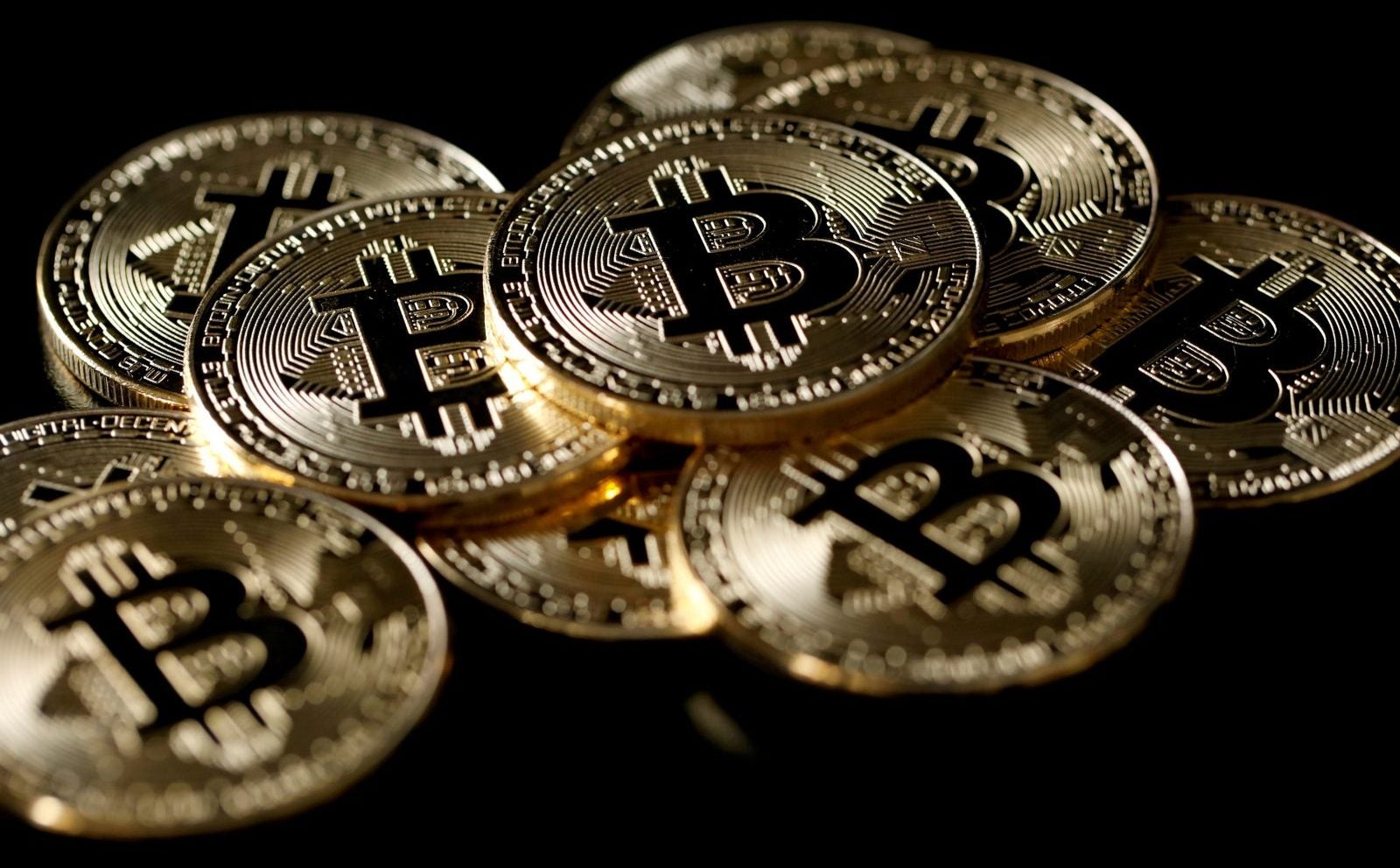There’s little hope for cryptocurrencies in India as Modi returns to power
India’s cryptocurrency ecosystem is nervous again.


India’s cryptocurrency ecosystem is nervous again.
Prime minister Narendra Modi’s second term has sparked speculation that the new government may continue with the previous one’s unfavourable stance on bitcoin and its ilk.
The fears peaked on June 2 after an inter-ministerial panel, tasked with drafting regulations for the sector, confirmed that it will soon submit its report to the finance ministry. The panel, formed in November 2017, is headed by Subhash Chandra Garg, secretary of India’s department of economic affairs.
“‘Will there be a ban?’ is on top of the minds of most (crypto) investors in India right now and people are discussing it and getting stressed over it,” said Aayush Goyal, an investor. “Nobody knows as of now, but everyone is hoping there is no blanket ban.”
Before the Garg committee, the government had constituted a task panel in 2017, which reportedly recommended a blanket ban. The previous Modi government had also stated that while it supports blockchain technology, used across industries from banking to agriculture and virtual currencies, it is not in favour of digital currencies.
“Everyone is confused about it and that is clearly evident,” said Nischal Shetty, founder and CEO of WazirX, a Mumbai-based cryptocurrency exchange. “There have been mixed signals and, while a lot of people are scared, some also believe India, a progressive nation in the world of finance, will not abruptly ban it. But then, no one knows.”
Will they, won’t they?
It is anybody’s guess right now.
“It is not unlike India to take the drastic measure of implementing a complete ban. We have seen such instances happen in the past as well,” said Sathvik Vishwanath, founder of Unocoin, another cryptocurrency exchange. “However, it will be detrimental for India if such a step is taken.”
There is also concern that such a ban may be futile and instead give rise to illegal activities.
The cryptocurrency community in India has been increasingly pushed to a wall since July 2018, when the central bank forbade banks from doing any business relationship with virtual currencies. Since then, the business has been severely affected and many cryptoexchanges such as Zebpay, once India’s largest, have shifted out of India.
These bourses have dragged the Reserve Bank of India (RBI) and the government to the supreme court. The final hearing in the case began in September last year, but due to numerous delays, no conclusion is yet in sight. The hearing will continue in July.